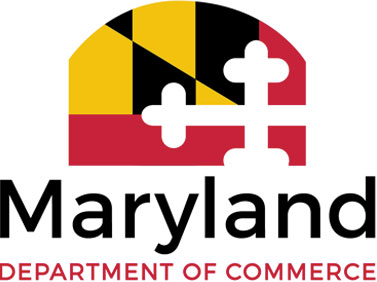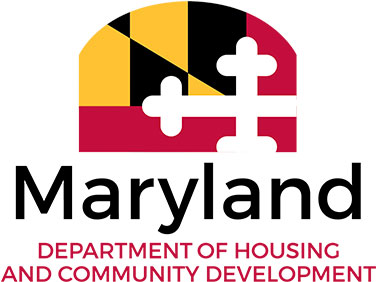Maryland Department of Commerce and Higher Education Work to Promote Employer Student Loan Repayment Assistance until 2025
BALTIMORE, MD (January 13, 2021) – Maryland Commerce Secretary Kelly M. Schulz and Maryland Higher Education Commission Secretary Dr. James D. Fielder are partnering to help promote one of the key benefits of the new federal stimulus bill, which extends employer student loan repayment assistance until 2025.
Congress passed the Coronavirus Aid, Relief, and Economic Security (CARES) Act in March 2020, which offered a tax incentive for employers to help their employees with student loan repayment. The new stimulus bill signed on December 21, 2020 extends the ability for employers to make tax-free student loan repayment contributions for employees until 2025. As with other forms of employer-provided educational assistance previously included in the law, the amount of the payments is capped at $5,250 per year per employee, and is excluded from the employee’s taxable income.
“This is a significant benefit that businesses can offer employees, potentially helping retain staff and also as a valuable tool to recruit new employees,” said Secretary Schulz. “As we have done since this pandemic began, we want to make sure that Maryland businesses are aware of the many benefits of the CARES Act and other federal relief programs.”
“The goal of the Maryland Higher Education Commission (MHEC) continues to be student success with less debt,” Secretary Fielder said. “This federal extension offers a great opportunity to employers to participate in a partnership that is mutually advantageous for the employers and employees.”
The payments would be part of any new or pre-existing educational assistance program offered by an employer. Information about the eligibility requirements for an educational assistance program can be found at the Internal Revenue Service website in § 127 of the Internal Revenue Code.
Maryland Commerce will use its social media outlets and websites, including their MDBiz News blog, to help inform thousands of businesses of this opportunity. Throughout the COVID pandemic, the Department has worked closely with a number of federal agencies, including the Small Business Administration, to help guide and educate Maryland businesses on the various relief programs available and how they can best take advantage of them.
The Federal Reserve estimated that student loan debt in the United States reached $1.6 trillion in June, 2019, and the Institute for College Access and Success lists the average student loan debt in Maryland for students attending a four-year institution is $30,303.
As part of the campaign, MHEC has created a webpage with the employee student loan repayment assistance extension information, and will be promoting it through its social media channels. MHEC continues to work with Governor Hogan’s leadership to support scholarships and programs that offer options to reduce the cost of college. This year, MHEC is responsible for administering scholarships and grants to more than 57,000 Maryland students, with expenditures totaling nearly $126 million. These programs can be found at https://mhec.maryland.gov/preparing/Pages/FinancialAid/descriptions.aspx
Some of the MHEC programs that focus specifically on student loan debt relief include the annual Student Loan Debt Relief Tax Credit and the Loan Assistance Repayment Programs (LARP). The Student Loan Debt Relief Tax Credit provides Maryland income tax credits to eligible recipients to apply against student loan balances that were used to pay for undergraduate and graduate postsecondary education. The Loan Assistance Repayment Programs (LARP) can assist Maryland residents in certain careers with student loan debt repayment. For more information on these programs, go to https://mhec.maryland.gov/preparing/Pages/StudentLoanDebtReliefTaxCredit.aspx and https://mhec.maryland.gov/preparing/Pages/FinancialAid/ProgramDescriptions/prog_larp.aspx
About Maryland Commerce
The Maryland Department of Commerce stimulates private investment and creates jobs by attracting new businesses, encouraging the expansion and retention of existing companies, and providing financial assistance to Maryland companies. The Department promotes the State’s many economic advantages and markets local products and services at home and abroad to spur economic development and international investment, trade and tourism. Because they are major economic generators, the Department also supports the arts, film production, sports and other special events. For more information, visit commerce.maryland.gov.


